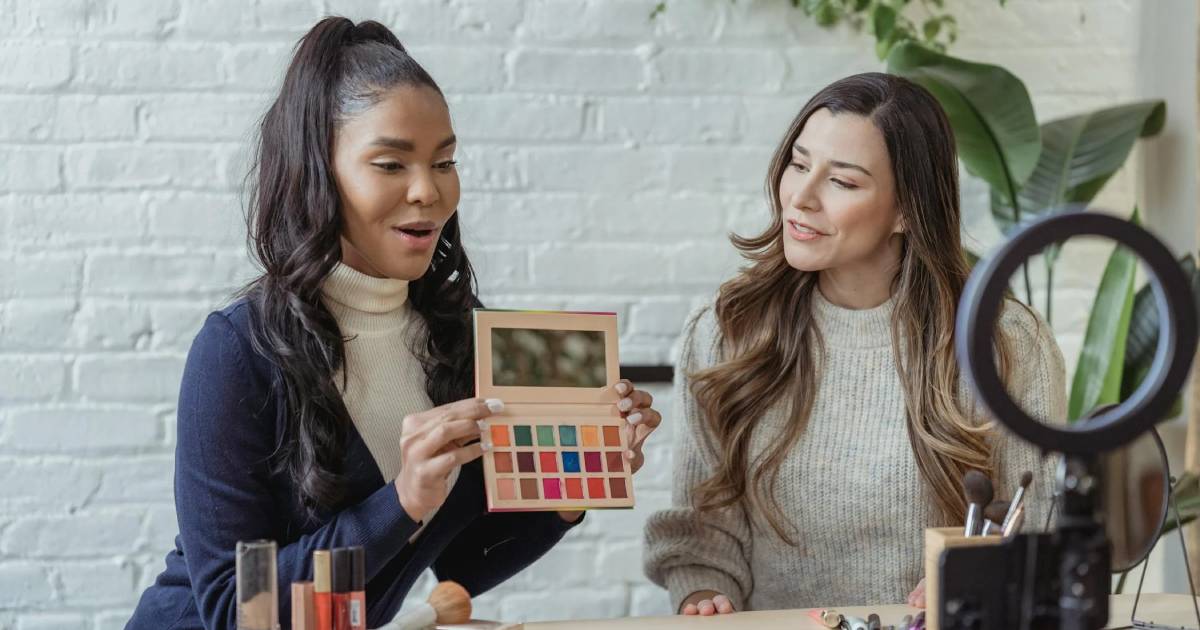
The Rise of Dupes Raises Concerns
By Mark Seavy
There is nothing new about knockoffs. But the ease at which “dupes” can now be found on the internet—and the openness with which these discoveries are shared through social media—is changing the game.
Dupes (short for duplicates) are technically legal and less expensive replicas that don’t infringe trademarks. And while these knockoffs were once viewed as déclassé, they now supply social currency and are viewed with a sense of pride, especially among Millennial and Gen Z consumers seeking to stretch their dollars.
In fact, nearly half (49%) of Gen Z consumers and 44% of Millennials intentionally purchased a dupe of a premium product at some point, according to Morning Consult.
But as the popularity of dupes rises among influencers across social media platforms like TikTok and with eCommerce companies such as Shein, Temu, and AliExpress.com, their legality is being tested.
Birkenstock, for example, recently sued footwear supplier White Mountain alleging the company’s Helga sandals infringed its trademarks. The suit appears to be a test case for dupes, especially since Birkenstock’s footwear is heavily copied. While Birkenstock’s footwear typically sells for $90-$200, White Mountain is in the $50-$100 range.
Minimalist contemporary artist Donald Judd, meanwhile, sued fashion and beauty mogul Kim Kardashian last month, alleging she promoted “cheap knockoffs” of his furniture designs.
This is significant because, unlike some product categories, furniture is much harder to get IP protection given that the U.S. Copyright and Trademark Protection Office only grants copyright protection for a product’s “non-functional” features, said Jed Ferdinand, partner at Meister Seelig & Fein. That leaves furniture makers with design patents, the applications for which are expensive and must be filed for within a year of a product being commercially available. Protection for trade dress is available but doesn’t carry enforceable rights for five years after being received.
“The brand for furniture almost means nothing,” said Ferdinand. “Furniture designs have to either be iconic, in the market a long time, or furniture makers have to invest in design patents, which are expensive.”
Other companies, like furniture maker Blu Dot, have set aside a dedicated budget for combatting dupes to try to cut off a business that could “grow exponentially,” a company spokesperson said.
In the case of beauty products, companies like E.L.F., Essence, and NYX have flourished as beauty influencers on YouTube and TikTok recommend their products as dupes for more expensive items. E.L.F., for example, has an $8 product deemed virtually identical to Dior’s $40 Addict Lip Glow Oil. Over the years, E.L.F. has launched products that rival prestige brands like Charlotte Tilbury, Milk Makeup, Supergoop, Smashbox, and others. In fact, one of the company’s early hits, its Mineral Infused Face Primer ($10), was touted as an alternative to Smashbox’s Photo Finish ($42).
However, many prestige beauty brands are less concerned about dupes since they don’t see their core customers as seeking inexpensive alternatives, licensing industry executives said. Dupes may also be viewed as bringing innovation to the beauty business, which can play into a more expensive brand’s favor since those companies also benefit from the resulting sales growth.
And, for some brands, their strategies to address the issue of dupes has focused less on legal action and more on marketing. Lululemon, for example, hosted a “dupe swap” at its Los Angeles store where shoppers could trade in knockoff leggings for an authentic pair. CEO Calvin McDonald later told investors that roughly half of the shoppers who attended the swap were under 30 years old.
“People are selling knockoffs and brand owners have a tough time following up on every one of these,” said Pam Deese, a Partner at ArentFox Schiff. “But these [bad actors] always seem to be one step ahead.”

















